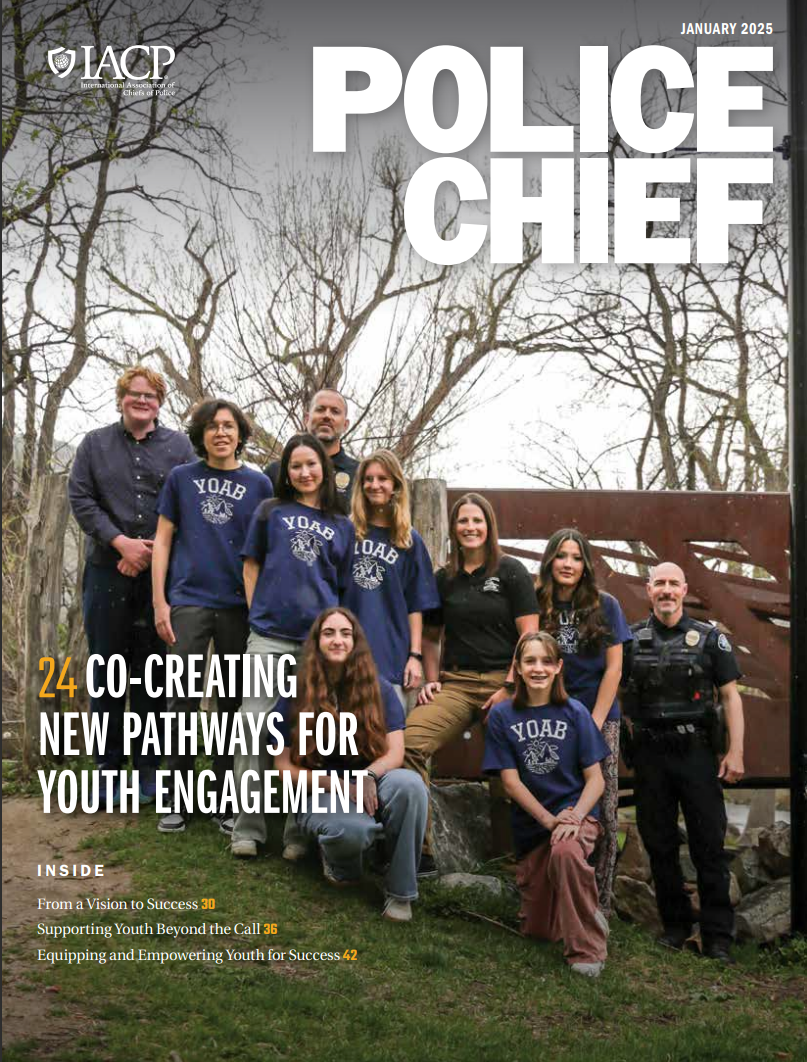When one looks at the future of policing, one first should look briefly at what has happened to get us where we are today.
Perspective, both perceived and projected, is sometimes influenced by what we have experienced in our lifetimes. Law enforcement has come a long way since I started my career in 1982.
From new technological innovations and data-driven crime strategy methods to various initiatives designed to enhance community-police relations, such strategies have had tremendous dividends for police agencies and the communities that they serve. However, community trust in policing remains elusive. For instance, one can also argue that since the 1990s, the public’s confidence in police work has remained flat, and among some populations of color, confidence has declined. Thus, building trust and legitimacy is an essential step in introducing any new policing method, concept, or ideal to the communities we serve. As affirmed (in 2015) by the President’s Task Force on 21st Century Policing, people are more likely to obey the law when they believe that those who are enforcing it have the legitimate authority to tell them what to do. The public confers legitimacy only on those they believe are acting in procedurally just ways.


